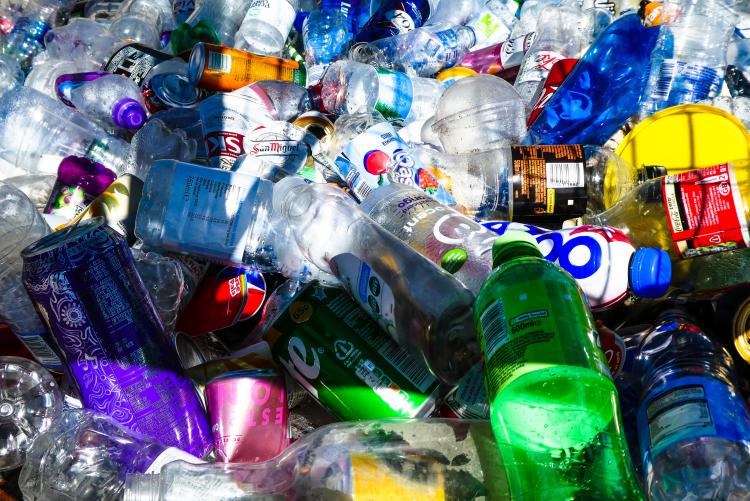Centre for Advanced Studies in environmental Law and Policy (CASELAP)’s former Director Prof. Nicholas Oguge is leading the fight against plastics waste in the country and beyond.
Through Governing Plastics Network which he chairs, Prof. Oguge explores all aspects of plastic use, from the composition of plastics that are imported across Africa to the slum communities who make a livelihood from selling and cleaning discarded plastics.
In an interview with UK Research and Innovation(UKRI), Prof. Oguge said, “First of all, I must say plastics are very important in our economy. But at the same time, they are a problem, particularly the single-use plastics, the ones that are used for wrapping and packaging of food material. Because they are made from materials that sometimes are difficult to recycle, they find their way into the environment.
“We need to find a way of keeping the plastics in the economy a little longer. In the process of releasing them into the environment, we find that the systems are not well structured and therefore most of them end up in landfills or dump sites. So in the process, they pollute the environment substantially. Local communities downstream, sometimes find plastic bottles useful and you'll find that they'll clean them and try to reuse them for different reasons. In the cities, we also find the youth and women's group have found a way of gathering plastics and selling them to companies that undertake recycling. So they form part of the informal economy in major cities.” He added.
The Governing Plastics Network is looking at plastics governing systems around the world and borrowing on the innovative approaches to governing plastic waste.
“We are using six countries within Africa, Kenya, Uganda, Tanzania, Ethiopia, Malawi, and Rwanda. Already we have networks across different continents. We hope that we’ll increase the knowledge of the challenges of plastics waste and therefore influence a generation of innovative governance systems that will ensure that we reduce the amount of plastics that actually end up in the environment. Perhaps also improve the social economics of the people downstream and bring them into the mainstream economy.” Remarked Prof. Oguge.

